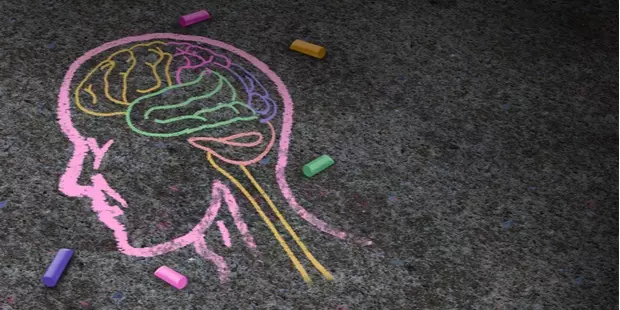Playing poker online and offline requires a lot of preparation, both mentally and professionally. Everyone knows that to get to a pro poker level, you have to learn different strategies and tactics. But what about mental preparation? What exactly does it entail?
Getting into the right frame of mind is a crucial part of turning pro. Therefore, learning how to do that can help you turn into a better poker player. In this Everygame guide, you will earn how to mentally prepare for your online poker session, which might prove to be beneficial to your playing abilities.
Why is it Important to Mentally Prepare Before Playing Poker?
Whether you play poker online or live, you will face one major challenge: dealing with other poker players around you. First of all, you need to be clear-headed to try and get into your opponent's head. That way, you might be able to predict his next move and act accordingly.
But more importantly, you should be able to withstand any intimidation tactics that other players might employ.
Your opponents will try to make you doubt your own abilities, getting you to question whether your hand is strong enough for a win or not. If you manage to refrain from succumbing to those mind games, your chances of winning will grow exponentially!
How to Mentally Prepare for Playing Poker
In some respects, getting ready for a poker match is similar to preparing for a competitive sports event. An article published by BBC, the four Cs of mental preparation were described as follows:
- Concentration – When you're playing poker, either for real money or simply as an exercise, you need to be 100% focused on the task at hand. Start by finding a quiet spot to play at, remove all distractions (shut off your phone, log out of social media, etc.), and put on some relaxing music if it might help you concentrate better.
- Confidence – Always, no matter what others might say, remember that you are a good player. Trust your knowledge and gut instincts, and don't listen to anyone who tries to affect your decision-making process. If you think it's time to fold, do it. And whenever you believe you have the upper hand, don't question yourself. However, that doesn't mean you should get cocky! Always make sure you're making calculated decisions, so you won't regret any of your actions somewhere down the line.
- Commitment – let's face it: poker is an unpredictable game. You will experience some ups and downs in your poker sessions, and that's completely normal! Don't let unsuccessful sessions bring you down in any way, as you can always turn things around. If you truly believe poker is your passion and that you have a shot at turning pro, don't give up. Keep investing everything you've got into the game every time you sit at a table!
- Control – Mental control when you're playing poker is a key element in a successful session. You have to remain level-headed and calm at all times, so your emotions won't be able to cloud your judgment. Poker can evoke some pretty intense emotions in players, whether good or bad. And while it's OK to feel excited, overwhelmed, and a bit flabbergasted at times, you can't let your emotions top you from making the best decisions at the table. Whenever necessary, take a minute to compose yourself, and wait till you calm down a bit before you make your next move.
In Conclusion
Poker requires 50% skill, 20% luck, and 30% mental control. If you want to become a better poker player, working on your mental abilities can propel you to the next level!

